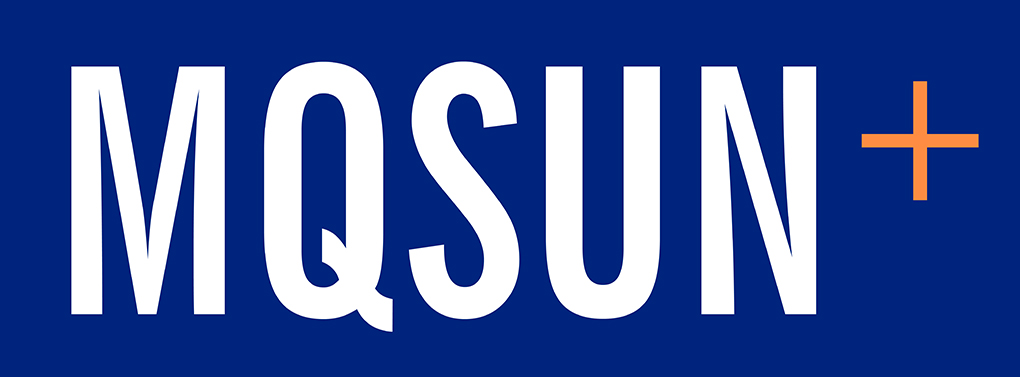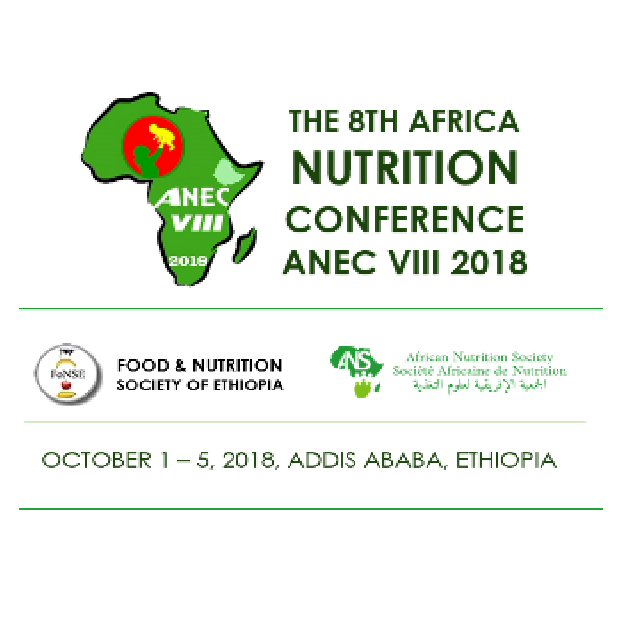Monday through Friday, 1-5 October 2018
Capital Hotel and Spa, Addis Ababa, Ethiopia
The Africa Nutrition Conference (ANEC) is the leading regional nutrition conference in Africa held biennially in various parts of the continent. ANEC provides a forum for nutrition scientists, public health professionals, academics, students, etc. in Africa and the rest of the world to meet regularly to share their research findings, best practices and to build capacity to address nutrition challenges in Africa.
For more information about ANEC, visit their conference website.
Maximising the Quality of Scaling Up Nutrition Plus (MQSUN+) presented during ANEC this year. Our session details are below:
Monday, 1 October 2018
Presentation: Review of Approaches and Evidence on Private Sector Engagement in Access to Naturally Nutritious Foods and Scale up of Fortified Foods, Track C, 16.35 – 16.45 East Africa Time, Monica Kothari
The private sector produces virtually all food consumed globally. Recently, businesses have made various commitments to reduce malnutrition, but how to translate these commitments into concrete actions has yet to be determined. This presents an opportunity to enhance food systems to support global nutrition by leveraging the skills, expertise and resources of the private sector. MQSUN+ recently assessed existing business initiatives aimed at reducing malnutrition and provided recommendations to support sustainable actions moving forward. The overall recommendations for business engagement in nutrition are: creating partnerships between businesses and nongovernmental organisations/technical agencies; vertical integration of smallholder farmers and other supply chain actors; sharing of resources; proximity solutions for production through sales; and innovative use of existing technologies.
Tuesday, 2 October 2018
Poster: Maximising Short-Term Technical Assistance for Scaling up Multisectoral Nutrition Efforts in Developing Countries (Abstract ID: 254-351-1-SM), Amanda Coile
In 2012, MQSUN was a new programme model for providing short-term technical assistance (STTA) to countries to move the Scaling Up Nutrition (SUN) Movement agenda forward—with no framework for how to do this successfully. As delivering STTA in each country is unique, MQSUN and now MQSUN+ has designed and re-designed STTA to fit country needs. Lessons learnt are integrated into future STTA—and thus far, the project has provided STTA to over 40 SUN countries. From our “learning by doing” approach, MQSUN+ has identified key “ingredients” for quality STTA, which allow for successful support to SUN countries’ multisectoral nutrition efforts. As STTA is a growing funding mechanism, this model has valuable learnings that can be considered in other programmes.
Wednesday, 3 October 2018
Presentation: Effective Multisectoral Action in Nutrition Bridging the Humanitarian-Development Divide (Track E), 16.20 – 16.30 East Africa Time, Monica Kothari
In nutrition, humanitarian and development action are divided between the narrow set of nutrition-specific activities by humanitarian organisations and the prevention-focused multisectoral strategies associated with development efforts. MQSUN+ recently conducted a study to capture the field and organisational experiences that hinder or promote alignment between these divisions. In general, the studied countries all had some of level of functionality of humanitarian and development efforts, including established or forthcoming nutrition policies and programmes, current nutrition data collection and government interest and/or engagement in addressing malnutrition. Existing challenges are limited human resources or capacity to provide services; continued conflict to adequately carry out or expand development activities; lack of coordination between different actors; and inconsistent access to funding, supplies and infrastructure. From the results, MQSUN+ provides a set of overall recommendations for bridging the gap between humanitarian and development efforts in fragile contexts.
Presentation: Systematic Review of SUN Countries’ National Nutrition Action Plans (Track E), 16.30 – 16.40 East Africa Time, Amanda Coile
In 2016, the United Nations Network for SUN and SUN Movement Secretariat (SMS) developed a checklist on the criteria and characteristics for ‘good’ national nutrition plans. The checklist is intended to guide the development of new nutrition plans and to assist in the review of existing plans and other planning documents. Together with SMS, MQSUN+ is supporting the systematic review of 12+ national nutrition plans, based on this checklist, to assess quality and equity considerations and provide recommendations for improvement. Whilst analysis is ongoing, the initial results demonstrate that most reviewed country plans had at least the basic essential components of a situational analysis, goals, objectives and targets, planned priority actions and governance mechanisms. Other components had mixed results or are currently being further evaluated. This review highlights ‘good’ examples for cross-country learning, and provides country-specific recommendations or next steps for future planning efforts.


